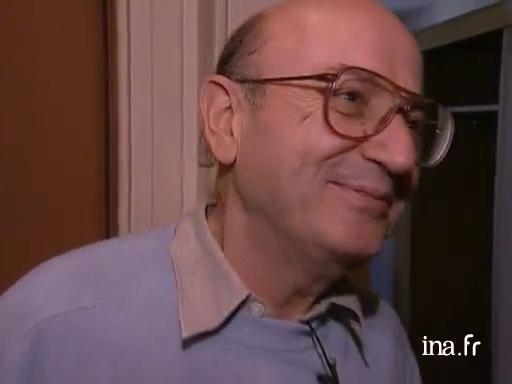Theo Angelopoulos at the Cité Universitaire in Paris

Information
A report on Theo Angelopoulos who came back to the Cité Universitaire in Paris where he lived in his youth when he was a student. With the former Greek manager of the building, the director recollects memories from that time.
- Europe > France > Ile-de-France > Paris
- Europe > Germany
- Europe > Greece
- Europe > Italy
- North America > United States
Context
A student at the Cité Universitaire in 1962-63, Theo Angelopoulos (born in 1936) remembers his roommates as well as being expelled from the Institute of High Cinematographic Studies (that has since become La Fémis).
Back in Greece after this unfortunate experience, he would become a cinema critic from 1964 to the Regime of the Colonels in 1967. At around the same time as his compatriot, who was also Francophile, Costa-Gavras, Angelopoulos became a film director taking an interest in the history of his country and creating a trilogy that began in 1972 with Days of '36, followed three years later by The Travelling Players then in 1977 by The Hunters.
Despite the demanding and contemplative production style that used long takes, aesthetic, emotional and political power in his films earned him several prizes: his Palme d'Or for Eternity and a Day in 1998 came just before a grand prize at the 48th Cannes Festival forUlysses' Gaze in 1995.




